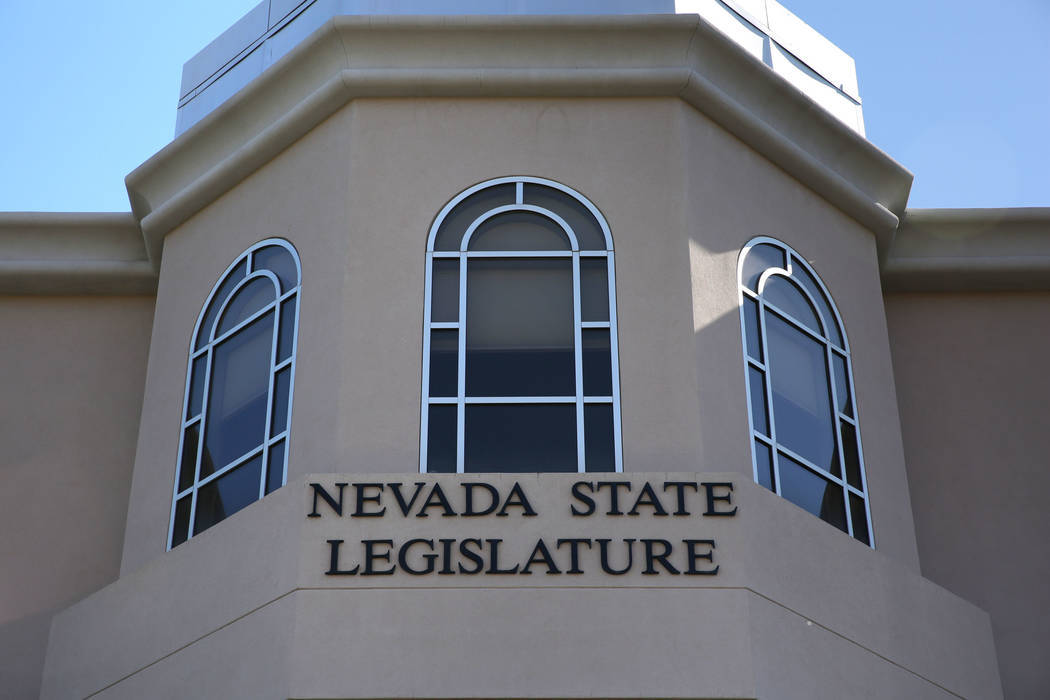Dennis Myers: How the system was broken and why it continues
In May, the Nevada Senate voted final passage of a measure removing several sections from Nevada abortion law that are incompatible with the state’s voter-approved legal abortion statute.
In the Senate, two Democrats – Mo Denis and Marcia Washington – broke from the majority to oppose the measure, while Republican Ben Kieckhefer crossed over to support it.
The vote was 12 to 9. The three senators who voted against type were subject to some criticism from within their own ranks, but to supporters of responsible governance, those votes were encouraging.
That’s the way the system is supposed to work. Party line votes driven by polarization prevent legislators from working together.
There have been a lot of votes over the years that have been artificial. Consider, for example, the 2009 U.S. House vote on the Affordable Care Act – 219 Democrats and one Republican supported it. Now, what are the odds that only one Republican voting on the actual merits of the bill would have voted against it? They weren’t voting on the merits, they were trying to preserve the polarization by which the GOP has governed since Newt Gingrich. By contrast, in 1964, 70 U.S. House Republicans voted to create Medicare.
We often hear, “Both sides do it.” That’s what in journalism is called false equivalence. There were 39 Democrats in the House who voted against the Affordable Care Act in 2009.
In their 2012 book, “It’s Even Worse Than It Looks,” political scientists Thomas Mann and Norman Ornstein (neither of them a liberal) described how Republicans in the 1990s under Gingrich’s leadership intentionally halted cooperation in congressional politics. Ornstein and Mann also faulted journalists who, feeling under an obligation to be neutral in political coverage, foster the myth that both political parties are at fault when, throughout the last quarter-century, Democrats have repeatedly given in on issue after issue and tried to get Republicans to work together.
They wrote, “Both sides in politics are no more necessarily equally responsible than a hit-and-run driver and a victim; reporters don’t treat them as equivalent, and neither should they reflexively treat the parties that way.”
Reporters who strain to assemble information to portray this fight or that battle as a contest between sides that are equally as extreme are doing the system no favors. Even worse, they are doing the Republican Party no favors, either. There are good people in the GOP who want it to return to effective governance, and they have more of an uphill climb when reporters twist and distort the public’s understanding of what’s happening.
Dennis Myers is an award-winning journalist who has reported on Nevada’s capital, government and politics for several decades. He has also served as Nevada’s chief deputy secretary of state.

















